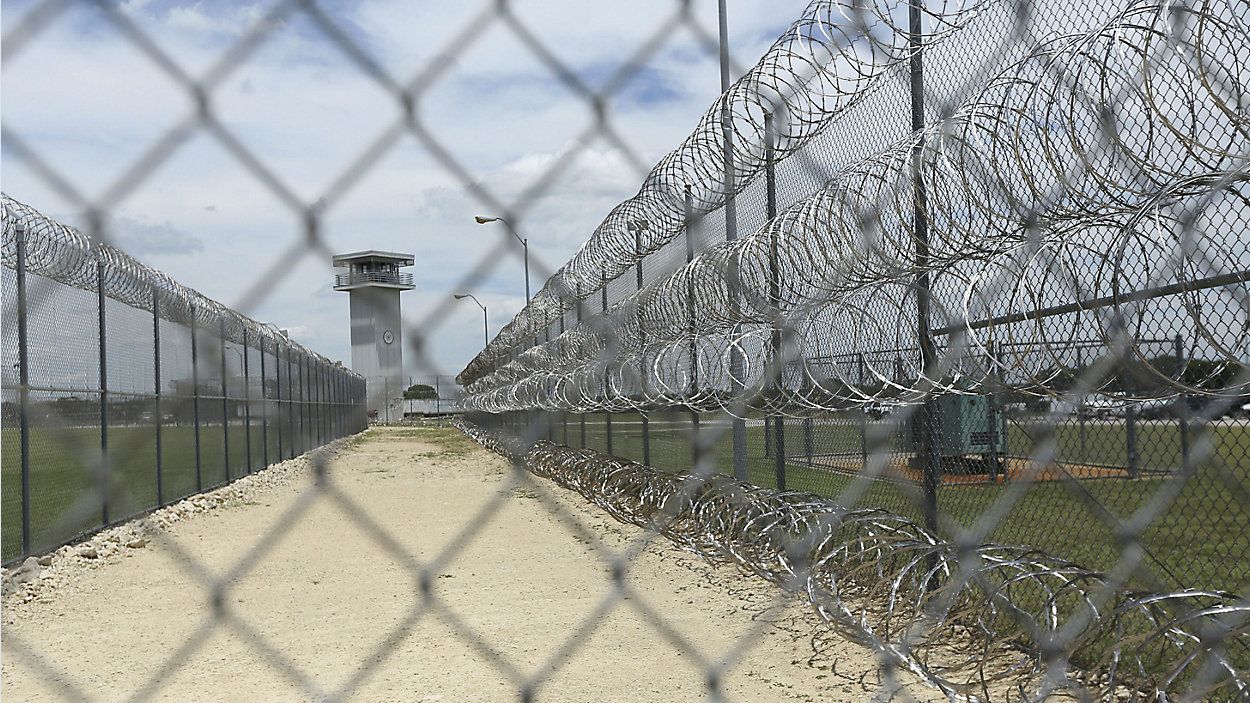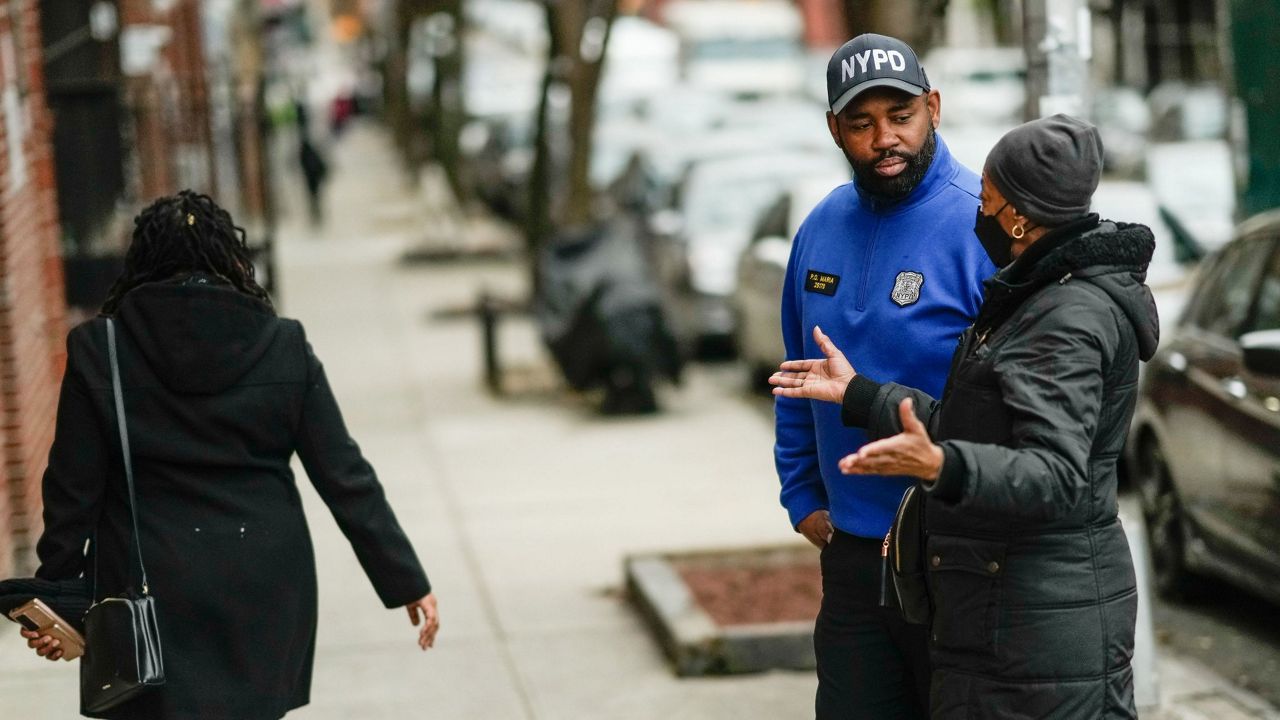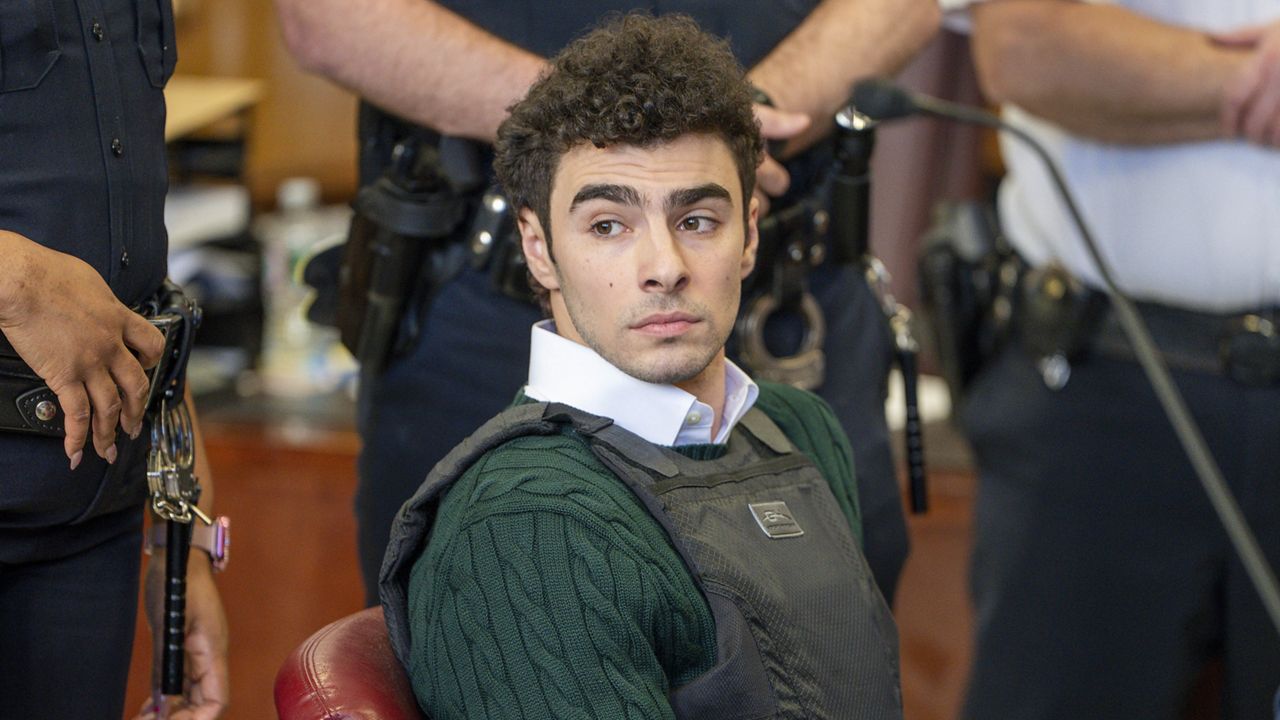More people have died in New York State prisons in the last decade than the total number of people put to death during the 300 years capital punishment was permitted in the state of New York.
That's according to new data published by the Columbia University Center for Justice, which found 1,278 people have died while in the state prison system in the last ten years — a number which advocates say illustrates the need to overhaul the parole system.
"An increase in punitive sentencing, repeated parole denials and keeping older people behind bars for longer has created a new death penalty and led to thousands of New Yorkers dying behind bars at an alarming rate," the report reads.
Earlier this year, lawmakers failed to reach a compromise on two major pieces of legislation that would have overhauled the laws governing parole. Advocates are now hoping the recent attention around the crisis on Rikers Island and the overall state of jail and prisons across the state will bring renewed action and attention to the proposed measures.
The Elder Parole bill would give incarcerated individuals who are 55 years and older and who have already served 15 years in prison a chance to go before a parole board. A second proposal, known as the Fair and Timely Parole bill would change the standards of parole, centering release on a person’s rehabilitation while incarcerated, not on the original crime.
Prior to its ban, New York ranked second in most executions of any state in the country — executing 1,130 people over a 300 year period. Advocates say those numbers pale in comparison to trends being recorded now.
According to the report, titled "New York State's New Death Penalty," since 1976 — when New York first began collecting information about people dying in custody — 7,504 people 55 years and older have died inside New York state prisons and jails.
Valerie Gaiter, was incarcerated at the Bedford Hills Correctional Facility and serving a sentence of 50 years to life, which made her ineligible to come before the parole board until she was 73 years old. Gaiter died last year, shortly after being diagnosed with cancer. She was 61 years old and had been in prison for nearly 40 years at the time of her death. She was the longest-serving woman in a New York State prison.
The report also found Black people account for a disproportionately high percentage of in-prison deaths, making up 41% of all deaths.
Advocates say the system is particularly cruel to incarcerated people who become terminally ill while in custody. That was the case for Melissa Tanis and her father who died in 2016.
"About a month before he passed away I basically had no communication with him because he was in such a bad state," Tanis told NY1. "He was in a wheelchair, he couldn't talk on the phone, he couldn't come to a visit room and all of that made it harder for me to process that grief."
Tanis, who helped author the report said the state should consider overhauling its parole laws which she says are often left out of reform proposals.
"Part of what is going on is there have been reforms for de-carceration so our numbers have been going down," Tanis said. "But a lot of times some of these reforms can leave out people who are older and serving longer sentences because those are the people most likely convicted of violent crimes."
Tanis said in the case of her father, who was terminally ill, it was clear he would have no longer been a threat to the community. However he was denied emergency or compassionate release.
Columbia University will release the report's findings on Tuesday.








